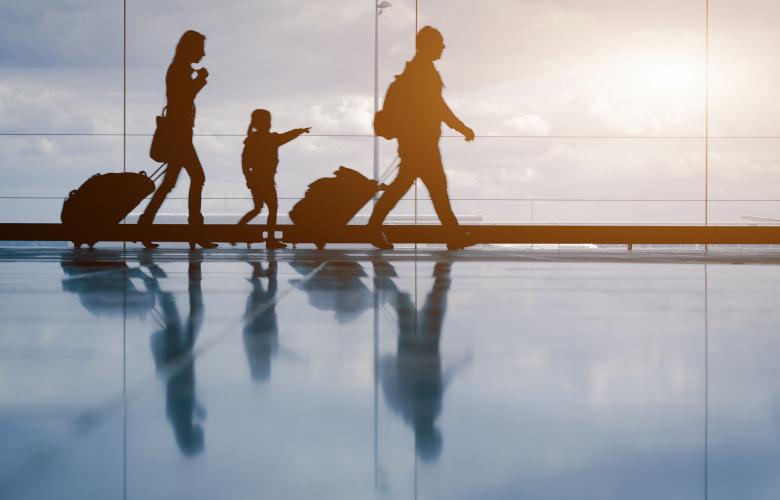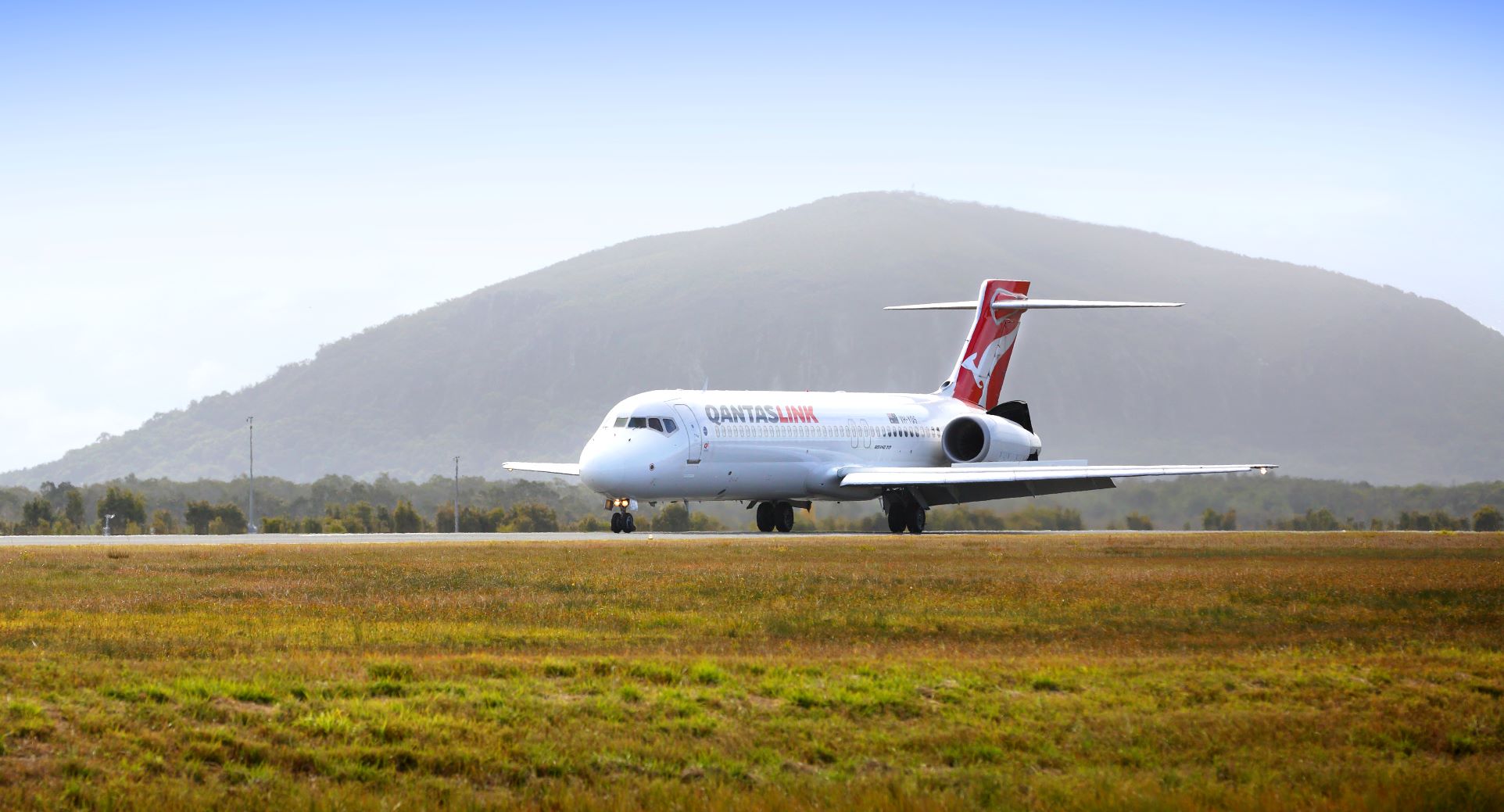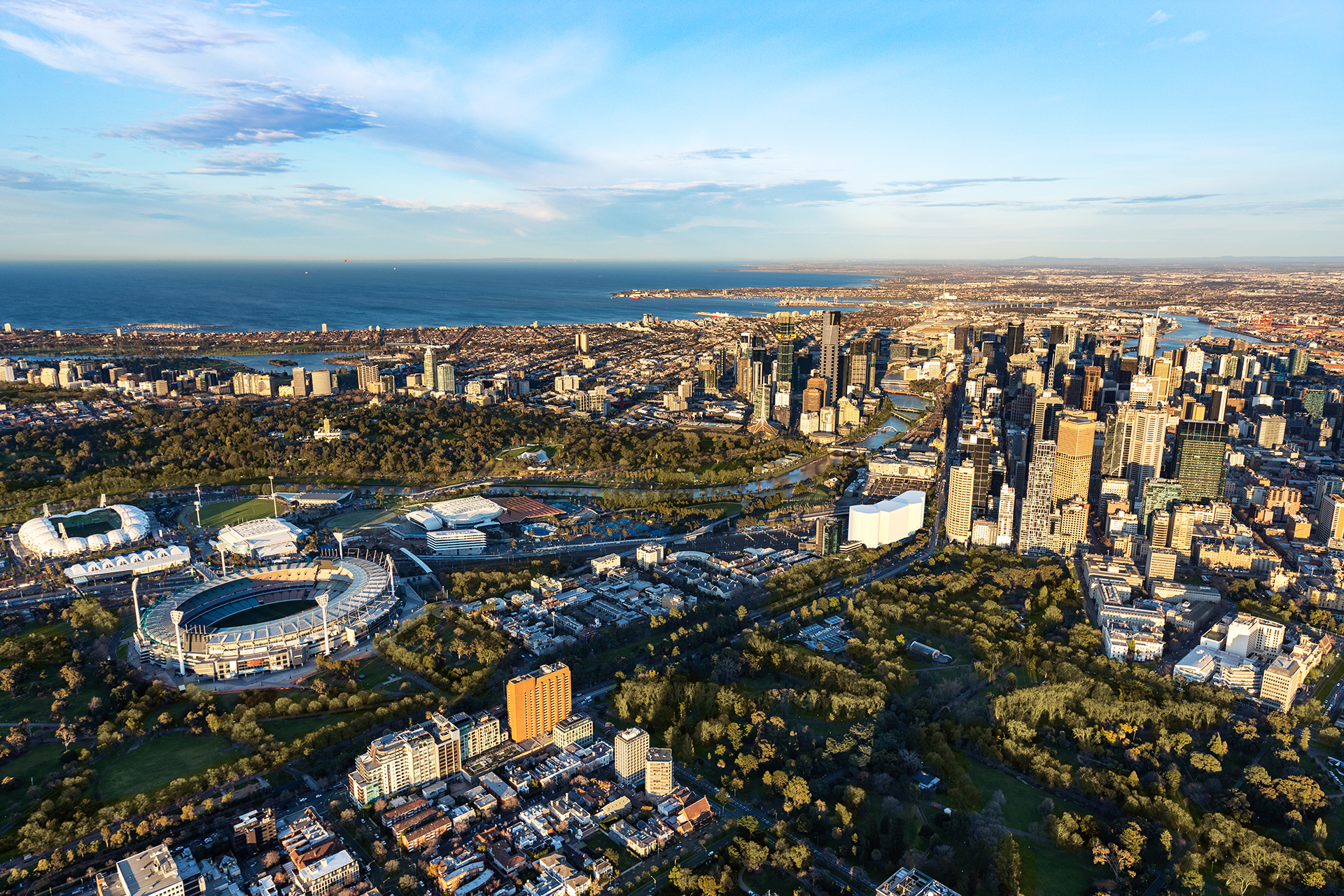Australian hotels 'on the road to recovery' - Colliers International
Contact
Australian hotels 'on the road to recovery' - Colliers International
A spike in domestic bookings for Far North Queensland coupled with the July school holidays means Australia's tourism market is "well-placed" to recover from the effects of COVID-19, Colliers International says.
Queensland is a "bright light" in Australia's domestic tourism recovery, while an uptick in Darwin bookings is also pleasing, Colliers International says.
Data from the firm indicates Cairns saw the biggest spike in hotel bookings over the past month, up from 18 per cent of the 2019 levels at the start of May to 54 per cent by the end of June.
The research also shows Darwin has experienced a doubling in hotel bookings over the past month, while Canberra continues to lead the major centres with strong gains in bookings each week, followed closely by Perth, Sydney and Brisbane.
Colliers' 'Charting the Course' research - At a glance:
- Cairns saw the biggest spike in hotel bookings over the past month, up from 18 per cent of the 2019 levels at the start of May to 54 per cent by the end of June.
- The Gold Coast and Darwin have both experienced a doubling in hotel bookings over the past month.
- Canberra continues to lead the major centres with strong gains in bookings each week, followed closely by Perth, Sydney and Brisbane.
- Research undertaken by Colliers in mid-April 2020 found that close to 30 per cent of hotel rooms across Australia were temporarily closed.
Colliers International Hotels Director Karen Wales told WILLIAMS MEDIA the combination of eased social distancing measures in Queensland, the sale of cheap flights and the upcoming school holidays for the southern states was boosting domestic travel.
"The domestic leisure segment is driving the recovery with anecdotal evidence pointing to very strong bookings over the July school holiday period in the drive markets surrounding Sydney and Melbourne, as well as Queensland’s leisure markets," she said.
"Perth continues to surprise but highlights Western Australia’s large intrastate market.
"Darwin’s strong uptick is also pleasing to see after a poor 2019.“
A Qantas plane at Sunshine Coast Airport. Source: Visit Sunshine Coast
Nigel Greenaway, National Director, Hotels at Colliers International, said that the first signs of recovery were indeed emerging through domestic leisure travel.
“This segment will underpin hotel revenue streams over the course of 2020 and be augmented by other segments such as domestic corporate, group and to a lesser degree MICE business," he said.
“For example, positive signs such as the reopening of stadiums in Queensland from 20th June, albeit to a limited number of attendees, as well as the reopening of theme parks will provide more reasons for Australians to travel.”
“As a result, sentiment for the reactivation of domestic business among hotel operators remains very strong with more than 100 million domestic visitor nights spent in hotels nationally in 2019, which is considerably more than the 32 million international visitor nights.”
“As we move towards recovery with the reopening of borders and as Australians start travelling again, it will be important for owners and operators to understand where and to what extent temporary closures have occurred as this will have a material impact on performance during the second half of the year, particularly when coinciding with the opening of more new hotels.”
Supply increases 'to peak through 2020 and 2021'
Colliers notes Australia's hotel market will face challenges absorbing significant new accommodation supply, which will coincide with the reopening of temporarily closed hotels in a low demand environment.
Bookings for Melbourne remain very low at only 20 per cent of the 2019 levels and have reduced over the past week as social distancing restrictions were reintroduced.
With more than 1,200 rooms due to open this year, Colliers believes additional government support will be required to support the sector whilst restrictions remain.
Melbourne (pictured) is set to welcome 1200 new hotel rooms this year. Source: Colliers
Furthermore, research undertaken by the firm in mid-April 2020 (of over 700 properties with 100,000 rooms) found that close to 30 per cent of hotel rooms across Australia were temporarily closed or placed into ‘hibernation’ in response to COVID-19 with other hotels operating with limited inventory.
Historical performance trends from STR highlight the ongoing demand contraction that resulted from COVID-19 with occupancy declines ranging between -32.8 per cent in Darwin to -69.5 per cent on the Gold Coast since the start of the year.
Declines in ARR also became more pronounced in May, ranging between -8.5 per cent in Darwin to -34.4 per cent on the Gold Coast, with room night demand largely limited to quarantined travellers.
Colliers International Head of Hotels, Gus Moors, said Australia’s hotel development cycle had been in full swing over the past couple of years with supply increases expected to peak through 2020 and 2021.
"Our analysis found that 30 per cent of hotels due to open in Q1 and Q2 of 2020 have now been pushed back to later in the year and will coincide with the reopening of hotels which were temporarily closed," he said.
“Australia’s accommodation industry has undoubtedly been one of the hardest-hit sectors due to the impacts of the travel restrictions in place to curb the spread of COVID-19.
“As a result, some owners have made the difficult decision to close hotels temporarily as they have sought to navigate the low demand environment across Australia and with the mandatory closure of licensed premises within hotel operations.”
Mr Moors added there had been a wide variance between major city centres in terms of demand, with resource or defence locations experiencing a lower percentage of hotel closures, due to "essential" travel.
“Demand in Perth was boosted by ‘Fly In Fly Out’ (FIFO) business within the state," he said
"Canberra also experienced a lower level of closures, due to the extent of government demand which has remained constant during these unprecedented times.”
“The reopening of state borders will be critical if new accommodation supply is to be absorbed.
"Other markets which will see considerable new supply include Adelaide, Melbourne and Perth.”
According to Colliers, Hobart had the most closures of Australia's major accommodation markets, with 55 per cent of rooms surveyed reported to have been shut down.
Longer-term, Colliers anticipates that the interruption of COVID-19 will result in a substantial reduction in the accommodation supply pipeline across key Australian markets with only those hotels which are under construction now expected to proceed.
Click here to download the report.
Similar to this:
'Revenge spending' to assist with Australian hotel recovery - Colliers International
The impact of COVID-19 on New Zealand's hotel market Colliers
New Zealand hotels well positioned but recovery will be protracted, says Colliers International









